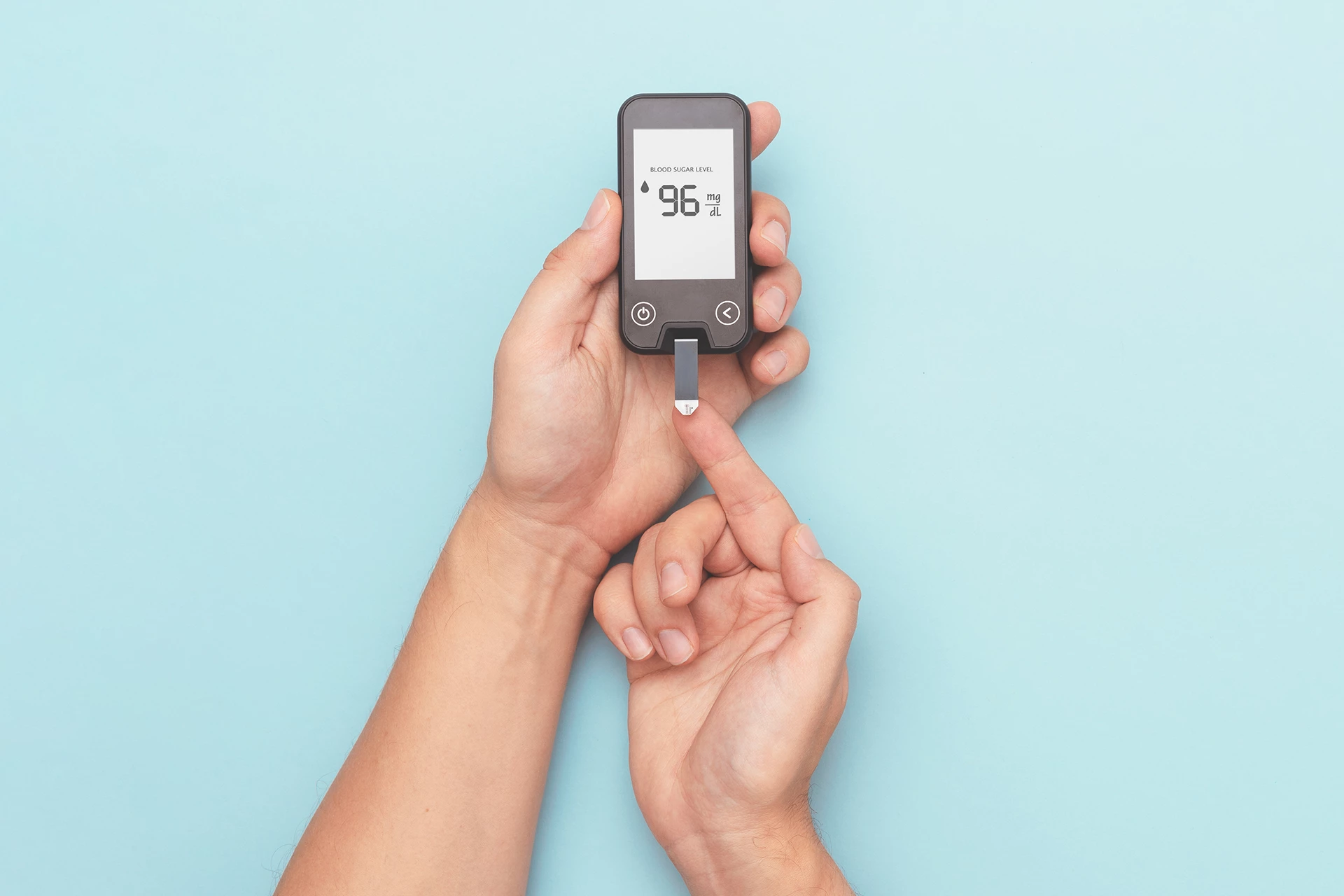Cohort study data show that a healthy lifestyle is strongly associated with a reduced risk of premature death and a significant increase in life expectancy. Non-communicable chronic diseases, which account for more than 80% of all health care costs, are the leading cause of morbidity and mortality in the developed world. Despite their high incidence and high costs, these diseases are largely preventable.
Category: Uncategorized
Modern medicine is increasingly focusing on preventive measures to stay healthy and prevent chronic diseases such as cardiovascular disease, diabetes, obesity, dementia and cancer.
These diseases do not happen overnight; they are the result of decades of accumulating minor damage that could have been prevented, stopped or even reversed. Once too much damage has accumulated and the disease becomes visible, it is often too late to treat it effectively, leaving only symptom relief. For example, atherosclerosis – damage to the blood vessel wall – can start as early as 30 years before the first heart attack, which is usually the first visible manifestation of the disease. Before that, there are no noticeable problems, but then the condition suddenly changes. During these 30 years, many opportunities for prevention have been missed, but now the condition is difficult to correct.
Few dietary claims are backed up by studies of sufficient quality and number to be considered definitely true. We have strong evidence for two dietary claims. The first is that the most important thing is the amount of calories we consume. The second is that sufficient protein intake is necessary. There is also growing scientific evidence that regular consumption of ultra-processed (UP) foods is associated with a higher risk of dyslipidaemia, obesity, hypertension, cancer and increased mortality.
Research has shown that insulin resistance in people without diabetes is associated with an increased risk of heart attack and death, highlighting the importance of early detection and management of this condition even in people without diabetes.
Modern medicine has made remarkable strides over the last 100 years in treating specific conditions. We can be grateful for these advances, because with the discovery of antibiotics, successful transplants, extracorporeal heart bypass surgery, magnetic resonance imaging and many other inventions, it is now possible to identify and successfully treat many diseases that were once considered fatal.
Sometimes it seems that our daily water intake is more of a puzzle than a recipe – how much is enough to avoid ending up like a dried raisin or a soggy mushroom? The key to answering this conundrum is simple: adults should drink about 2 litres of water a day, but this figure can increase depending on body weight, health and activity levels. For example, a person with a body weight of 75 kg would need to drink about 2.625 litres of water according to a formula that suggests 35 millilitres per kilogram. So, to stay healthy and well hydrated, make sure you drink the right amount for your needs.





